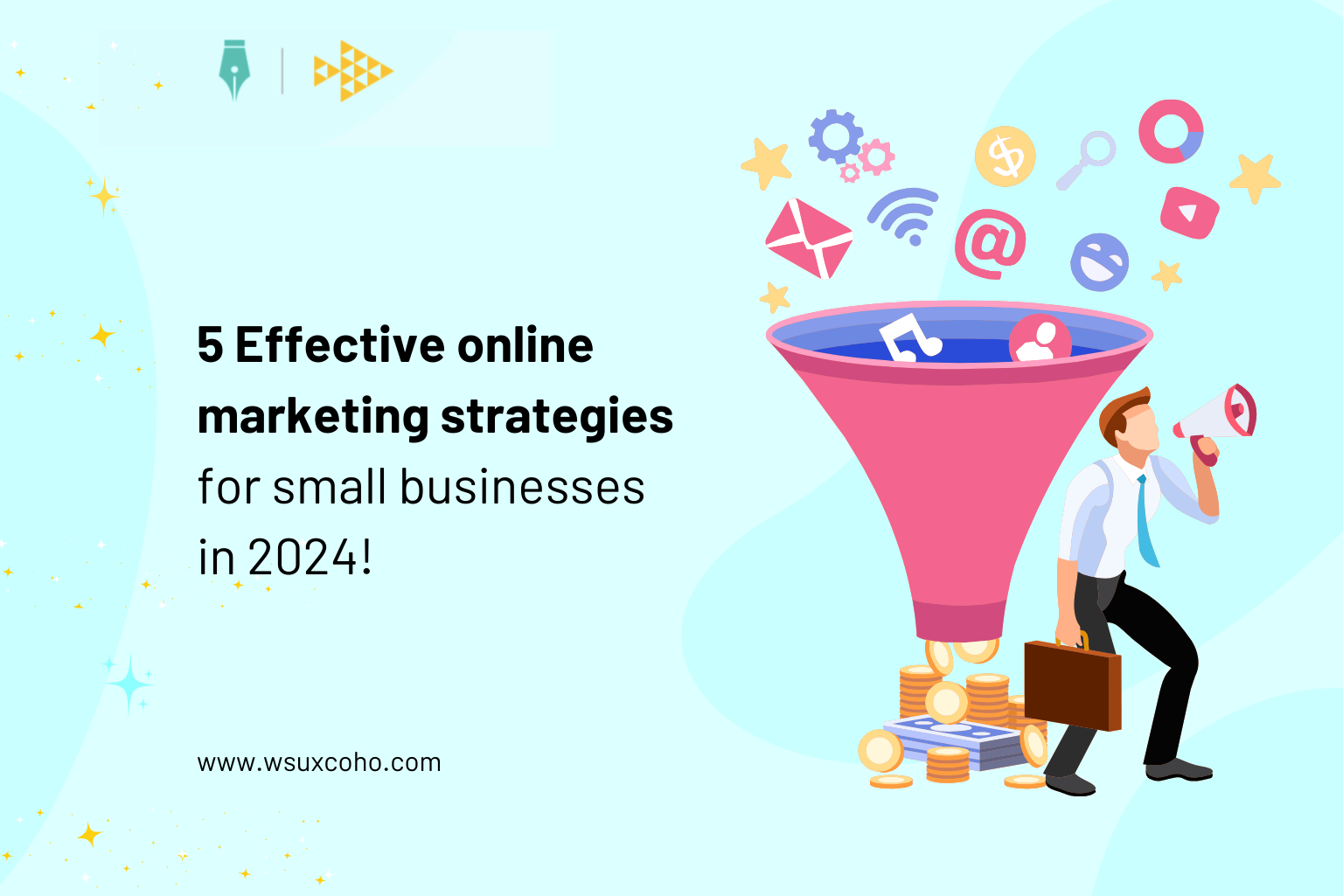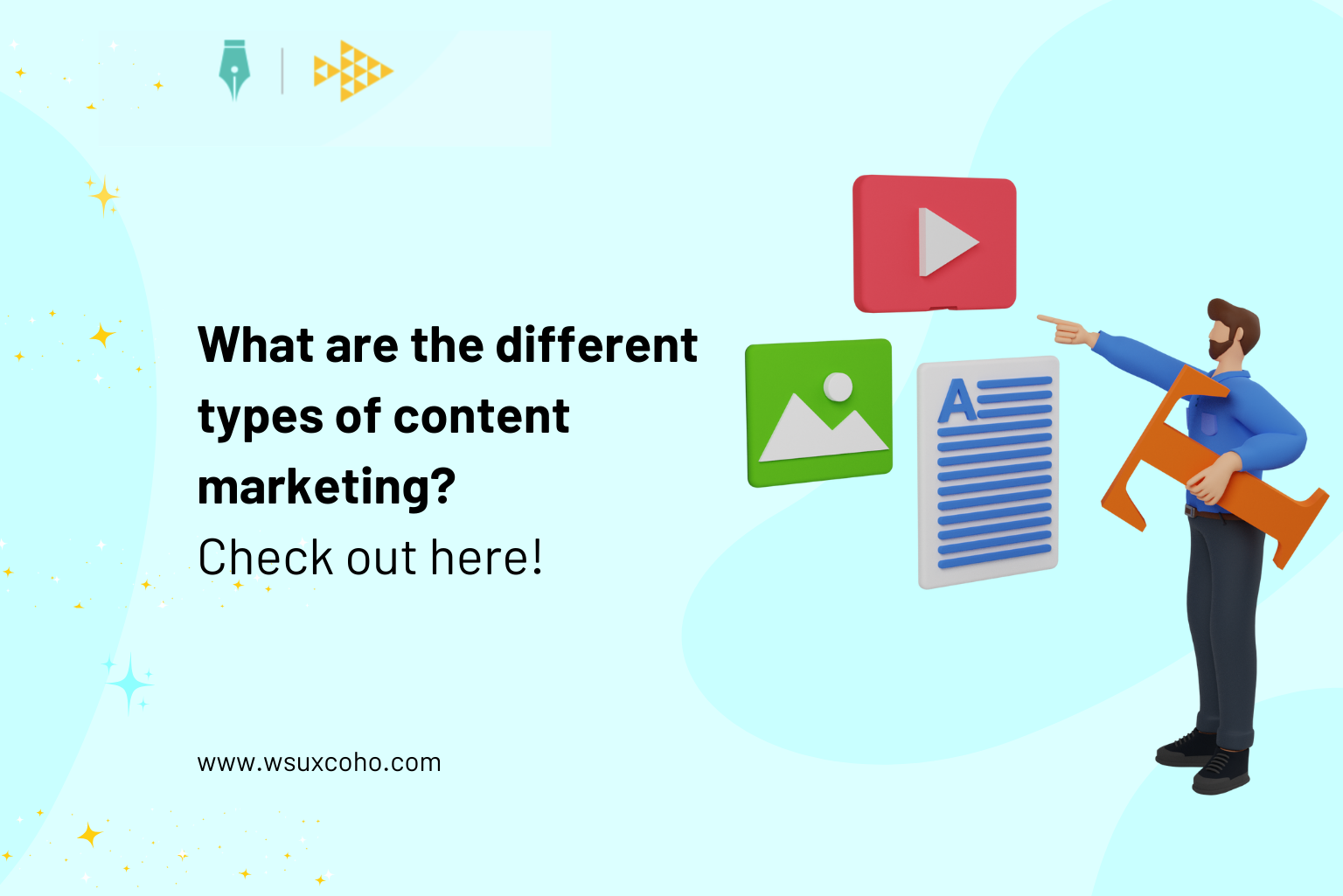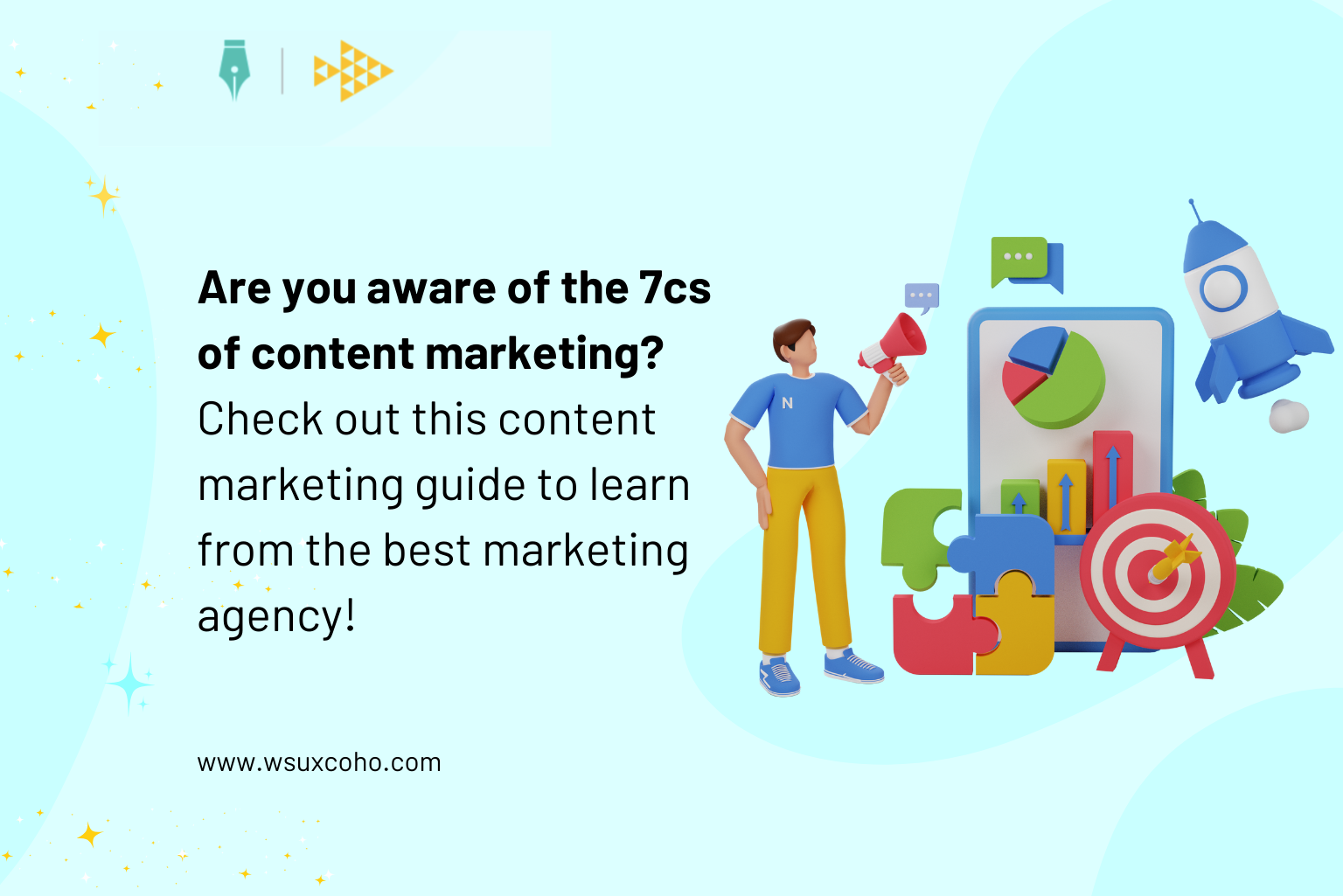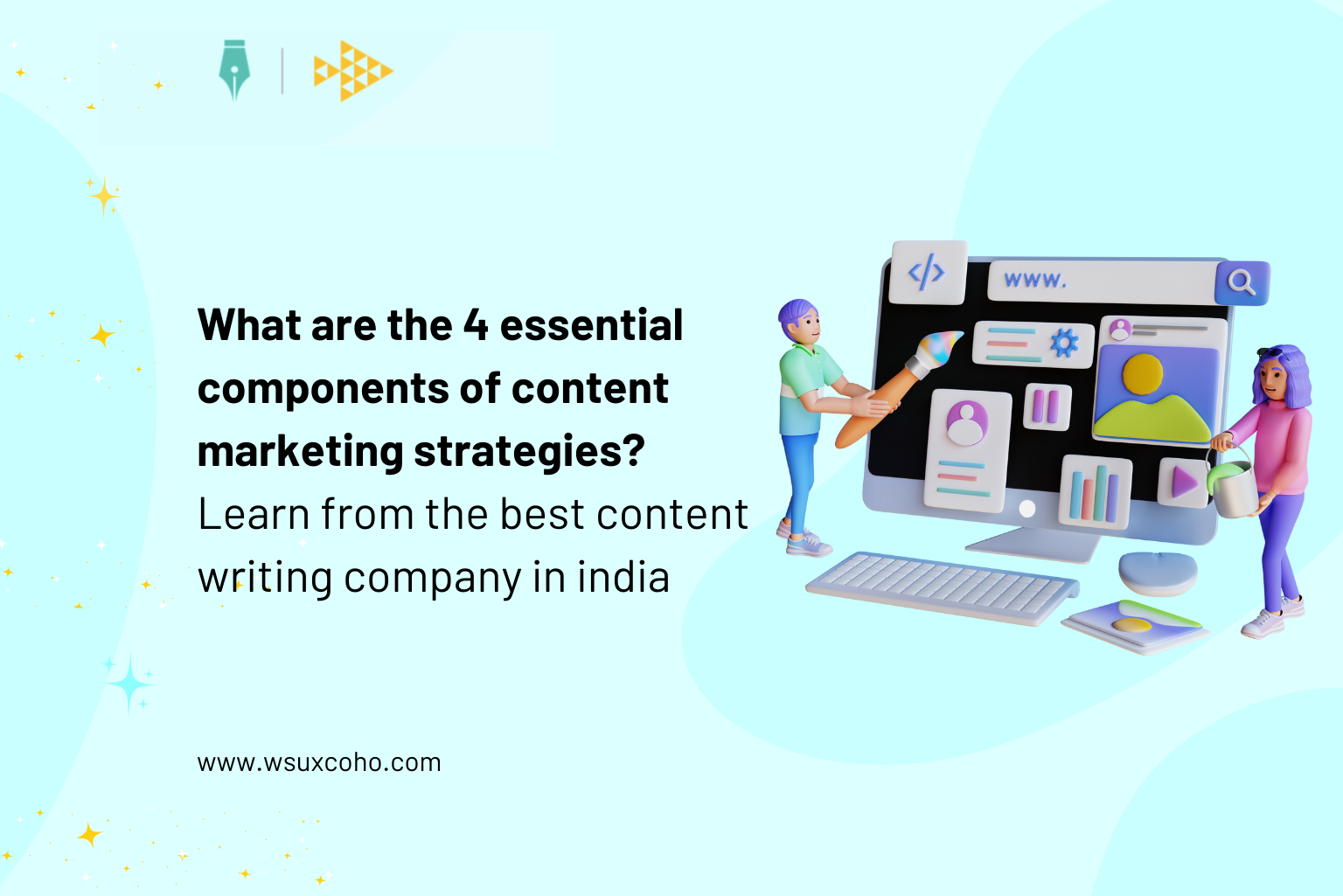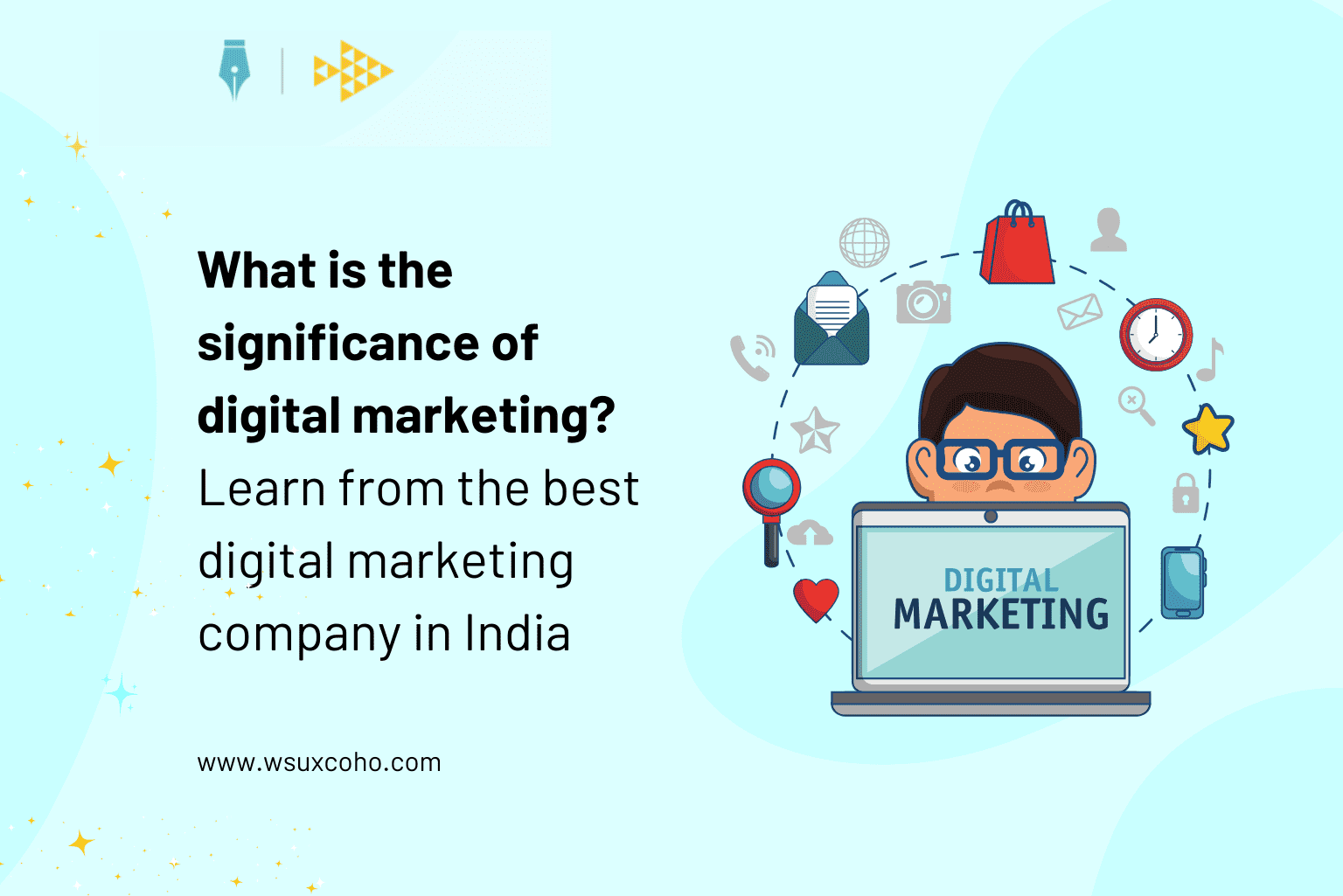Introduction
In the rapidly evolving world of digital marketing, staying ahead of the curve is crucial for businesses aiming to capture the attention of their target audience. One of the most significant trends emerging in 2024 is the concept of personalization at scale. As consumers demand more relevant and personalized experiences, businesses are leveraging advanced technologies and data analytics to meet these expectations. This blog post explores the latest trend in digital marketing: personalization at scale, and how it is reshaping the industry.
The Rise of Personalization
Personalization in marketing is not a new concept, but its application has evolved significantly. Initially, personalization involved simple tactics such as addressing customers by their names in emails. Today, it encompasses a comprehensive approach that tailors content, products, and experiences to individual preferences and behaviors. This shift is driven by the increasing availability of customer data and advancements in artificial intelligence (AI) and machine learning (ML).
Leveraging Data for Deeper Insights
At the core of personalization at scale is data. Businesses are collecting vast amounts of data from various touchpoints, including social media, website interactions, and purchase history. By analyzing this data, marketers can gain deeper insights into customer preferences, habits, and needs. These insights enable the creation of highly targeted campaigns that resonate with individual consumers, enhancing engagement and driving conversions.
AI and Machine Learning: The Game Changers
AI and ML are the driving forces behind the ability to personalize at scale. These technologies can process and analyze data at unprecedented speeds, identifying patterns and trends that human analysts might miss. With AI and ML, marketers can automate the personalization process, delivering tailored content and recommendations in real-time. This not only improves the customer experience but also increases the efficiency and effectiveness of marketing efforts.
Dynamic Content and Personalization
One of the most impactful applications of personalization at scale is dynamic content. Dynamic content refers to web content that changes based on the user’s behavior and preferences. For example, an e-commerce site might display different product recommendations for each visitor based on their browsing history. This level of personalization can significantly enhance user engagement and satisfaction, as customers are presented with content that is highly relevant to them.
Challenges and Considerations
While personalization at scale offers immense benefits, it also presents challenges. Privacy concerns and data security are paramount, as consumers become more aware of how their data is used. Businesses must ensure they are transparent about data collection and comply with regulations such as GDPR and CCPA. Additionally, striking the right balance between personalization and intrusion is crucial. Overly personalized content can sometimes feel invasive, potentially alienating customers.
Conclusion
Personalization at scale is transforming the digital marketing landscape, offering businesses the opportunity to connect with consumers on a deeper level. By leveraging data, AI, and ML, marketers can deliver highly relevant and personalized experiences that drive engagement and loyalty. However, it is essential to navigate the challenges of data privacy and ethical considerations carefully. As this trend continues to evolve, businesses that embrace personalization at scale will be well-positioned to thrive in the competitive digital marketplace.



